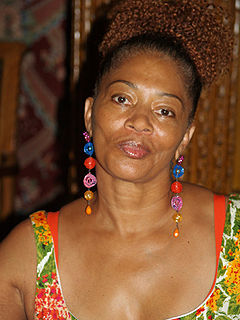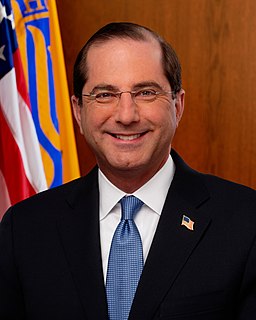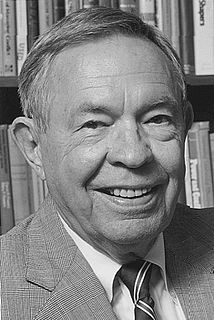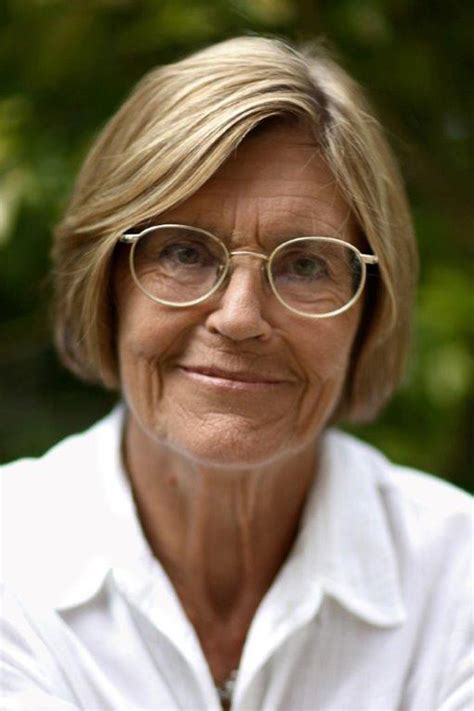A Quote by Oscar Wilde
Children start out loving their parents, but as they grow older and discover their parents are human, they become judgmental. And sometimes, when they mature, they forgive their parents, especially when they discover they are also human.
Related Quotes
Children grow rapidly, forget the centuries-long embrace from their parents, which to them lasted but seconds. Children become adults, live far from their parents, live their own houses, learn ways of their own, suffer pain, grow old. Children curse their parents for their wrinkled skin and hoarse voices. Those now old children also want to stop time, but at another time. They want to freeze their own children at the center of time.
Love involves more than just feelings. It is also a way of behaving. When Sandy said, "My parents don't know how to love me," she was saying that they don't know how to behave in loving ways. If you were to ask Sandy's parents, or almost any other toxic parents, if they love their children, most of them would answer emphatically that they do. Yet, sadly, most of their children have always felt unloved. What toxic parents call "love" rarely translates into nourishing, comforting behavior.
What parents teach is themselves, as models of what is human - by their moods, their reactions, their facial expressions and actions. These are the real things parents need to be aware of, and of how they affect their children. Allow them to know you, and it might become easier for them to learn about themselves.
I've always assumed that my parents and my in-laws would live with me when I get older and have children. I just assume it will happen and that it's the right way to do things. It's a deeply Indian custom - that you kind of inherit your parents and your spouse's parents and you take care of them eventually.
As human beings, when we're young, we're not jaded. As we grow older, we begin to take on ideas of our parents, family of origins and that changes us. We become less fluid sometimes. So for me, I look for roles that are uplifting in many ways - no matter what the race or color of the role is. I want to go beyond that and try to share what I think my gift is and that is we all have this gift of choice. We just don't sometimes realize we have that choice.
An adolescent does not rebel against her parents. She rebels against their power. If parents would rely less on power and more on nonpower methods to influence their children from infancy on, there would be little for children to rebel against when they become adolescents. The use of power to change the behavior of children, then, has this severe limitation: parents inevitably run out of power, and sooner than they think.







































